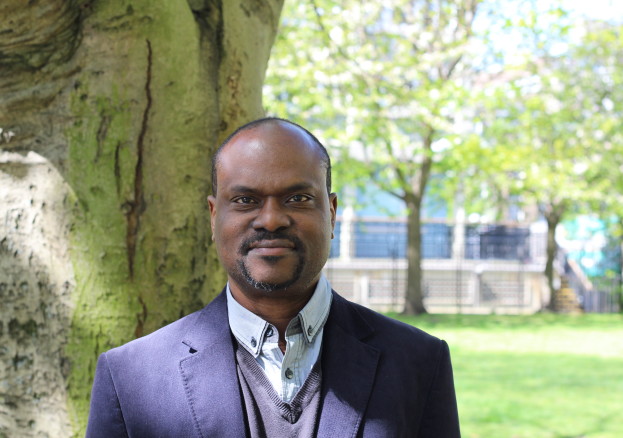
Black History Month in Britain is yet another avenue of awareness, especially for my non-African friends. It is among other things, a nationally celebrated platform to trumpet the achievements and successes of Africans on the African Continent, in the UK, the territories of the Caribbean, within Europe and in North America.
Black people have been instrumental in every aspect of our daily lives.
Black History Month reinforces the fact that Garrett Morgan, the man who invented the traffic light and the gas mask, was the son of ex-slaves in America. Black History Month informs us that the African-American physician and surgeon, Charles Drew, pioneered methods of storing blood plasma for transfusion and organised the first large-scale blood bank in the USA. Black History Month salutes the trailblazer, professor, physician and NASA astronaut, Mae Jemison, the first African-American woman to travel in space.
In the realm of modern computer technology, Black History Month tells the story of Alan Emtage, a Black Barbadian who created Archie, the world’s first internet search engine.
Closer to home, Black History Month boldly declares the sterling achievements of the Windrush Generation, those stalwart men and women who came to England from the Caribbean in the immediate post Second World War period to better their lives and assist in rebuilding Britain. Among the best exemplars of that generation is Professor Geoff Palmer, the Jamaican-born botanist, who is the UK’s only professor of brewing and distilling, and whose research has revolutionised the malting industry. Black History Month reinforces our respect and admiration for Dr Maggie Aderin-Pocock, who has ploughed a distinguished furrow in the field of space science and science communication in Britain.
Black History Month gives pause for rightful perspective; a truly socio-historical prism through which the totality of our experience can be positively refracted.
More crucially, though, Black History Month gives non-Africans and African-derived people alike, the opportunity to reacquaint themselves with the less savoury legacies created by European conquest and institutionalised racism.
These legacies have retarded our progress toward the realisation that regardless of our racial origins, we all belong to the same human family.
Black History Month should nevertheless illustrate to non-Africans the richness and truly astounding contribution that African culture and civilisation has brought to our planet.
As we take a backward glance at the sweep of history which has left us with an exhaustive litany of achievements, Black History Month is also an occasion to think of the needs of our African community in the UK as we proceed into the future.
Given the astounding and unprecedented degree of technological progress that human civilisation has made in the 20th Century, the 21st Century must become the African Century.
It means that our young people must be well versed and skilled in science, technology, engineering and mathematics (STEM); we must be at the forefront of the professions and research in this exciting area –indeed defining and shaping it. Approximately 30,000 jobs in engineering are unfilled every year in the UK. Our young people of African descent should be the ones readying themselves to fill these skill gaps.
Black History Month is an opportunity for us to globally strategise, organise and mobilise for the new dawn.
Originally from Barbados, London-based John Stevenson is a communications specialist, freelance writer and broadcaster
